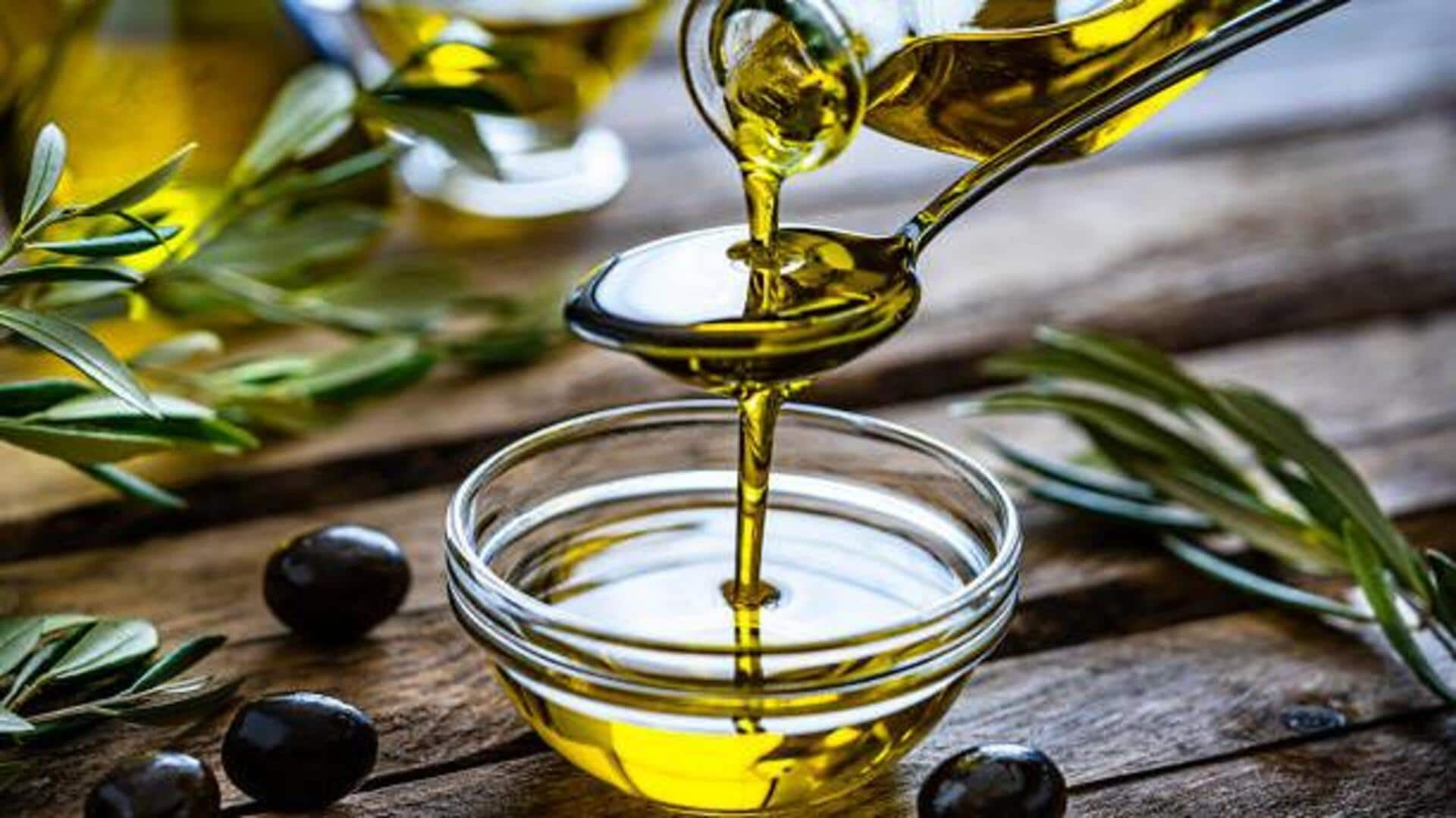
Cooking oils: Separating fact from fiction
What's the story
Navigating the world of cooking oils can be tricky, with so many myths and misconceptions. Most of us are confused about which oils are healthy and which aren't. This article aims to debunk some common myths surrounding cooking oils, giving you a clearer picture of what to use in your kitchen. By knowing the facts, you can make informed choices that suit your dietary needs and preferences.
#1
Myth: All saturated fats are bad
We often hear that saturated fats are bad for health. But, that's not entirely true. Not all saturated fats are created equal, some may even be beneficial in moderation. For instance, coconut oil has been praised for its potential health benefits owing to its unique composition of fatty acids. The key is moderation and balance with other dietary components.
#2
Myth: Olive oil can't be used for high heat cooking
A common misconception is that olive oil can't be used for high-heat cooking due to its low smoke point. However, extra virgin olive oil has a smoke point of around 190 degrees Celsius (375 degrees Fahrenheit), which makes it suitable for most cooking methods, including sauteing and baking. Using it at appropriate temperatures preserves its flavor and nutritional properties.
#3
Myth: All vegetable oils are healthy
Vegetable oils are often assumed to be healthy, but that isn't always the case. Some vegetable oils are highly refined and may contain trans fats, which are bad for health when consumed in excess. It's important to check labels and choose minimally processed options like sunflower or canola oil, which provide better nutritional profiles than heavily refined counterparts.
#4
Myth: Oil blends are always better
The idea that blending different oils always results in a healthier option is misleading. While blending can offer some benefits, like improved flavor or cost-effectiveness, it doesn't necessarily mean enhanced health benefits. Understanding each oil's properties before blending ensures you achieve desired outcomes without compromising on nutrition or taste quality.